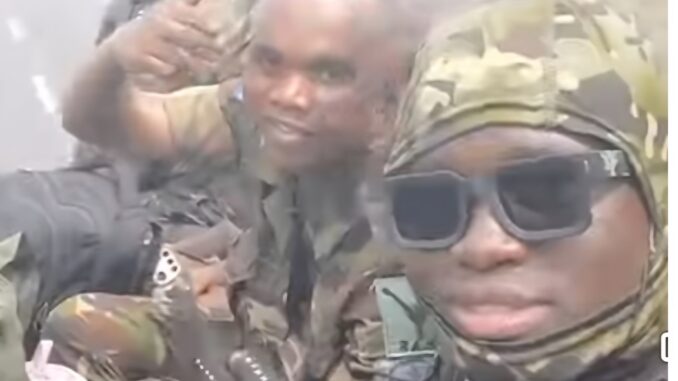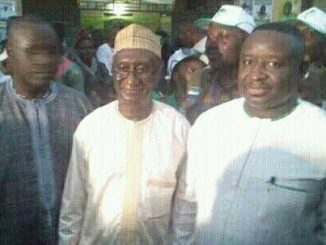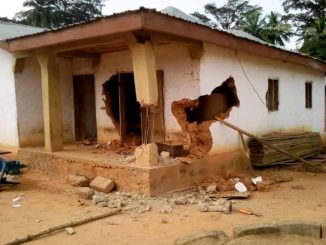
Sierra Leone: Military personnel are now being dispatched to Yenga

Yenga: a forgotten village at the centre of sovereignty and stalemate. For over eight long months, the residents of Yenga have cried out—pleading, protesting, and persevering—under the weight of Guinean military aggression. And yet, only now does Sierra Leone appear to be stirring from its slumber, finally beginning to deploy troops to this long-disputed border town. One might be forgiven for asking: what took so long?
Each time I reflect on the role of our military and, indeed, their Commander-in-Chief in this matter, my thoughts drift -almost involuntarily, to the words of the revolutionary leader Thomas Sankara of Burkina Faso.– He once said: “A soldier with a gun and no political ideology is a potential criminal.” The relevance of the above quote in our context feels all too poignant.
Yenga is no recent flashpoint. This issue has dragged on for decades, unresolved and routinely swept under the diplomatic carpet.
Now let me write a brief of history: Yenga is a small but strategically vital village located in the Kailahun District of eastern Sierra Leone, nestled precisely at the intersection of three national borders—Sierra Leone, Guinea, and Liberia.
It was during the turbulence of our civil war in 1998 that Guinean forces first entered Yenga, ostensibly to aid Sierra Leonean government troops in their battle against the rebels.
Their assistance, at the time, was welcome. But when the war ended in 2002, and peace was formally declared, Guinea’s military presence in Yenga should have ended as well.– IT DID NOT.
Instead, Guinean forces entrenched themselves in the village, citing vague security concerns and, some might argue, drawn perhaps by the region’s gold-rich soil and its geostrategic position.
Understandably, this has caused considerable unease between our nations, whose post-war recovery should have been guided by diplomacy and mutual respect—not silent occupations.
In 2002, a glimmer of resolution emerged. During high-level diplomatic discussions in Conakry, Presidents Ahmad Tejan Kabbah of Sierra Leone and Lansana Conté of Guinea signed a joint communiqué declaring unequivocally that Yenga is the sovereign territory of Sierra Leone. This determination was grounded in the colonial border demarcation of 1912, when Britain and France, used a colonial-era document that clearly demarcated the international boundary.
The communiqué was hopeful, even promising: Guinea pledged to withdraw, and both sides agreed to put the matter to rest. But that was over two decades ago. Since then, Guinean troops have remained firmly planted in Yenga, undermining Sierra Leone’s sovereignty and breaching the spirit—if not the letter—of international law.
Today, as I pen this piece, the situation remains unresolved. The continued Guinean presence in Yenga is an enduring source of diplomatic friction, and Sierra Leone persists in its calls for the implementation of the 2002 agreement—calls that have, thus far, been met with deafening silence.



